
Find Help
More Items From Ergsy search
-

What happens if my application is denied?
Relevance: 100%
-

What should students do if their application for the payment is denied?
Relevance: 87%
-

What happens if my application is denied?
Relevance: 79%
-
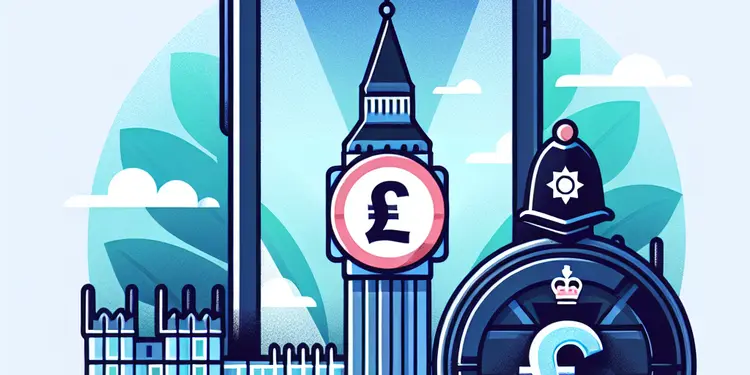
Can access to my police records be denied?
Relevance: 53%
-

Can I be denied bereavement leave?
Relevance: 52%
-
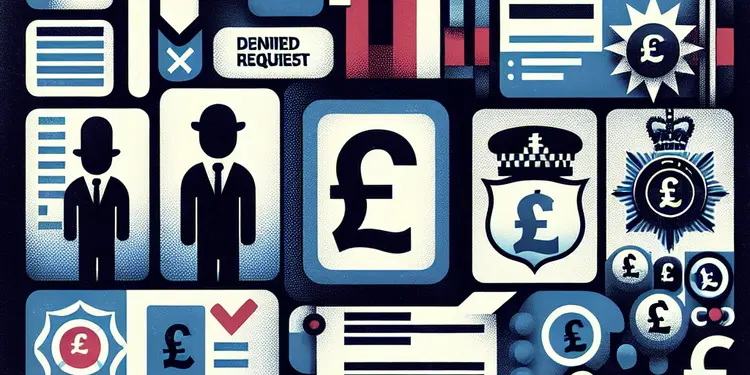
What should I do if my request to see my police records is denied?
Relevance: 50%
-

What should I do if my holiday insurance claim is denied?
Relevance: 48%
-

How do I submit an application to the tribunal?
Relevance: 45%
-
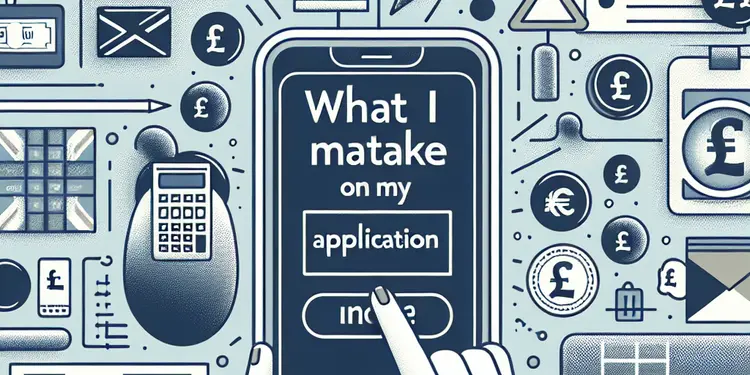
What if I made a mistake on my application?
Relevance: 45%
-

What should I do if I am denied access to my medical records?
Relevance: 44%
-

Where can I check the status of my application?
Relevance: 43%
-

What is the deadline for filing a tribunal application?
Relevance: 42%
-
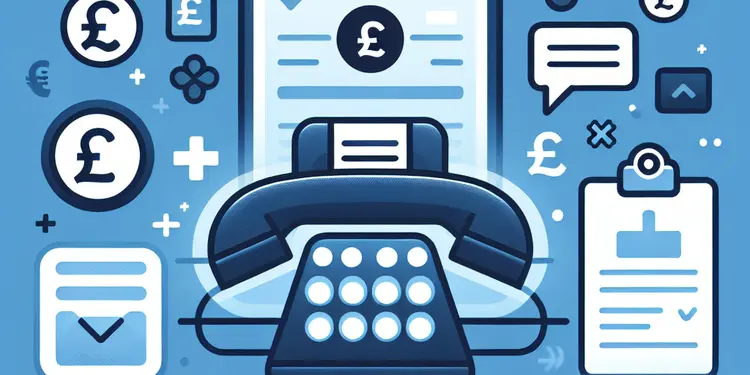
Is there a phone number I can call for assistance with my application?
Relevance: 41%
-

Can international applicants apply for jobs at the National Trust?
Relevance: 39%
-

Mortgage Turned Down In The UK - Why mortgage applications are declined
Relevance: 39%
-

What happens if my application for the Warm Home Discount is unsuccessful?
Relevance: 38%
-

Using 100% of your Second Income for a Mortgage Application
Relevance: 36%
-
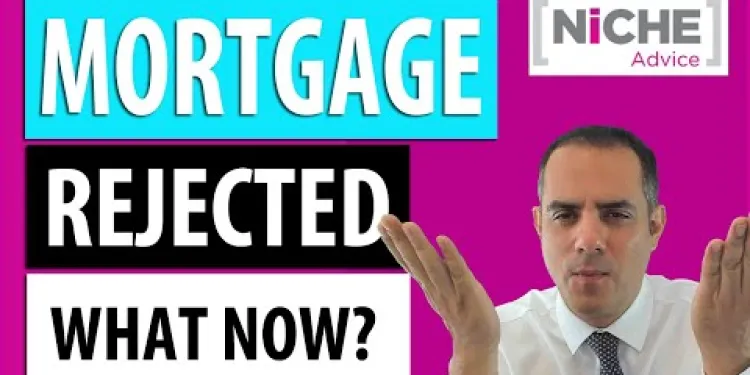
Turned down for a mortgage? Find out why and what to do
Relevance: 31%
-

What is the average time for a citizenship application to process?
Relevance: 25%
-
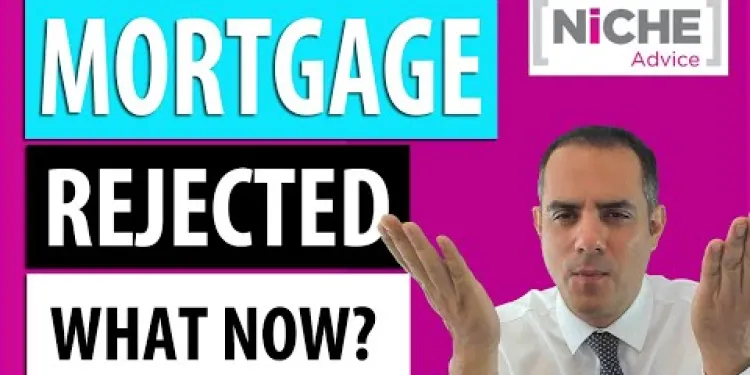
Turned down for a mortgage? Find out why and what to do
Relevance: 24%
-

What should I do if my employer denies my bereavement leave request unfairly?
Relevance: 23%
-

How can I apply for a Household & Cost-of-Living Support grant?
Relevance: 21%
-
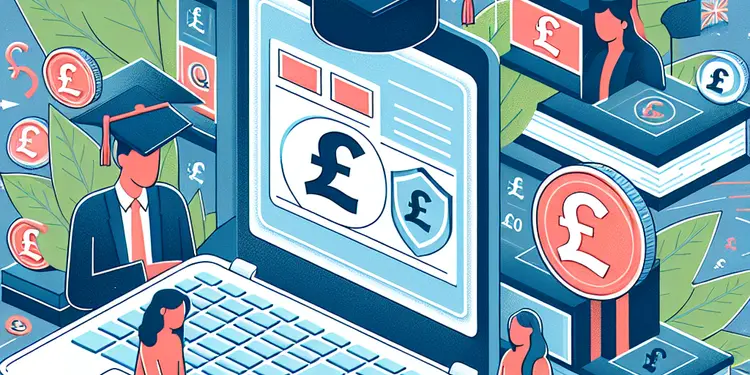
How can students apply for the £500 cost of living payment?
Relevance: 21%
-

Is there a deadline to apply for the £500 cost of living payment?
Relevance: 20%
-
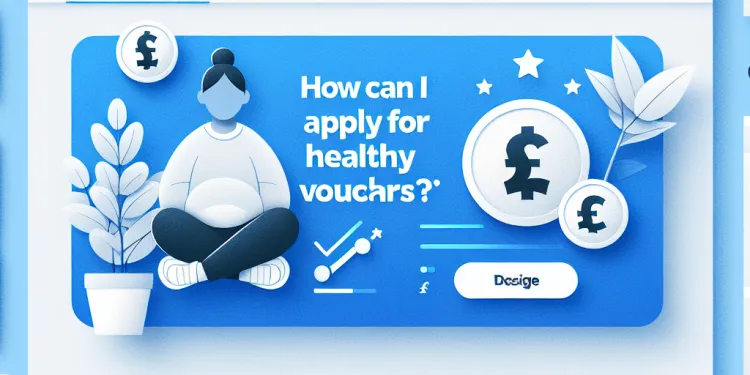
How can I apply for Healthy Start vouchers?
Relevance: 20%
-

What should I do if I receive a Request for Evidence from USCIS?
Relevance: 20%
-

Can I request corrections to my medical records?
Relevance: 20%
-
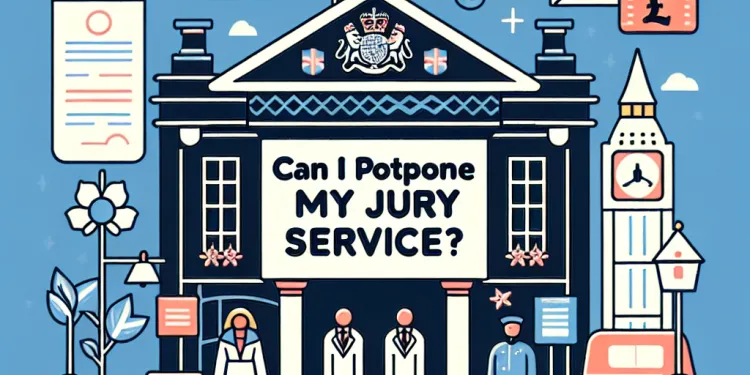
Can I postpone my jury service?
Relevance: 20%
-

How do I apply for a small business loan through a government program?
Relevance: 20%
-
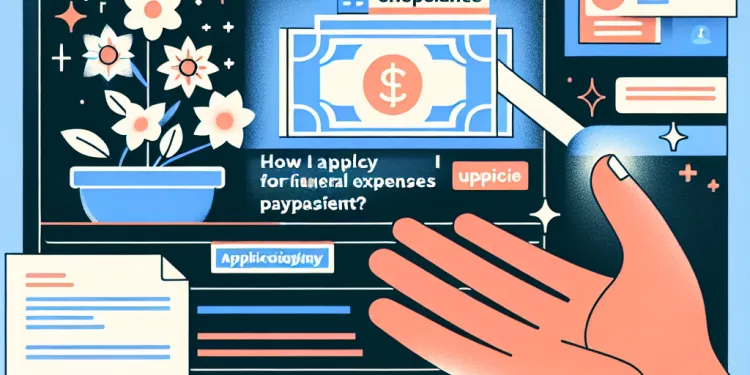
How do I apply for a Funeral Expenses Payment?
Relevance: 19%
-

What are Household & Cost-of-Living Support grants?
Relevance: 19%
-

What is the Sure Start Grant?
Relevance: 19%
-

Are there any exceptions to my right to access my medical records?
Relevance: 19%
-

How can I apply for Healthy Start vouchers?
Relevance: 19%
-

How can drug offences impact future opportunities?
Relevance: 19%
-

Are there any fees to apply for the £500 cost of living payment?
Relevance: 19%
-

How to apply for NHS funding to treat infertility
Relevance: 19%
-

How do I apply for the Winter Fuel Payment in Scotland?
Relevance: 19%
-

Do I have a right to see my police records?
Relevance: 18%
-

Can my religion exempt me from jury service?
Relevance: 18%
Understanding an Application Denial
If your application for a service, benefit, or job is denied in the UK, it can be disappointing and frustrating. However, understanding the reasons behind the decision and knowing the next steps can help you move forward. An application denial means that the organisation or institution you applied to has decided not to grant your request based on their criteria.
Common Reasons for Application Denial
The denial of an application can occur for various reasons, depending on the specific type of application. For instance, if you're applying for a visa or immigration status, common reasons for denial could be insufficient documentation, failure to meet eligibility requirements, or discrepancies in the provided information. For job applications, common reasons include not meeting the required qualifications or experience, or simply a strong pool of candidates. For financial products like loans or credit cards, poor credit history or insufficient income could lead to denial.
Receiving a Denial Notice
When your application is denied, you will usually receive a formal notification explaining the decision. This correspondence should outline the specific reasons for the denial and, in some cases, advise on the possibility of an appeal or reapplication. It is essential to read this document carefully to understand the rationale behind the decision, as this will guide your next steps.
Steps to Take After a Denial
If your application is denied, it is vital to remain calm and take strategic steps. Firstly, assess the reasons for denial and evaluate if they can be addressed. For visa or immigration applications, consult with a qualified immigration advisor or solicitor to discuss the possibility of applying again. If a job application is refused, consider seeking feedback from the employer to identify areas for improvement. For financial applications, reviewing your credit report and improving your financial situation might be necessary before reapplying.
Appealing a Decision
Some decisions can be appealed if you believe the refusal was unjust or if there has been a misunderstanding. In your denial notice, the possibility of an appeal and the process should be indicated. Each sector has different rules regarding appeals. For instance, the Home Office might allow you to appeal a visa decision, while for a job application, an appeal might not be an option. Ensure that you understand the deadlines and requirements for filing an appeal as they can be strict.
Reapplying After a Denial
If appealing is not possible or does not result in a favourable outcome, reapplying could be an option. When considering reapplication, carefully review the initial denial reasons and make the necessary adjustments to your application. Improving your qualifications, gathering the correct documentation, and ensuring accuracy in the information provided could increase your chances of success in future applications.
Seeking Professional Advice
In some cases, seeking professional advice is beneficial, especially for complex applications such as immigration or financial services. Immigration advisors, career coaches, or financial advisors can provide guidance specific to your situation. These professionals can assist in strengthening your subsequent applications and improving your chances of approval.
Understanding When Your Application is Denied
If you apply for something like a job, service, or benefit in the UK and it is turned down, it might make you feel upset. But knowing why it was denied and what to do next can help. When an application is denied, it means they decided not to give you what you asked for, based on their rules.
Why Applications Get Denied
Applications can be denied for different reasons. If you're applying for a visa, it might be because you didn't send all the needed papers or you don't meet the rules. For a job, it might be because you don't have the right skills or experience. For loans or credit cards, it might be because of your credit score or income.
Getting a Denial Notice
If your application is denied, you will usually get a letter explaining why. This letter should tell you the reasons it was denied. It might also tell you if you can appeal or try applying again. It's important to read this letter carefully to understand what happened.
What to Do After Being Denied
If your application is denied, try to stay calm and think about your next steps. Look at why you were denied and see if you can fix those issues. For visa applications, you might talk to an immigration expert. If a job application was denied, ask the employer for feedback. For financial applications, check your credit score and work on improving it before trying again.
Appealing a Decision
Sometimes you can appeal a decision if you think it's wrong or there was a mistake. Your denial letter will tell you if you can appeal and how to do it. Different things have different rules for appeals. For example, with visas, you might be able to appeal, but not always with jobs. Make sure you know the deadlines and what you need to do to appeal.
Trying Again After a Denial
If you can't appeal or if the appeal doesn't work, you might be able to apply again. Before applying again, make sure you understand why you were denied and fix those things. This might mean getting more qualifications or sending the right papers. Check everything is correct when you apply again.
Getting Help from a Professional
Sometimes it's good to get help from an expert, especially for hard applications like immigration or loans. Experts like immigration advisors, career coaches, or financial advisors can guide you. They can help make your next application stronger, so you have a better chance of getting approved.
Frequently Asked Questions
Useful Links
This website offers general information and is not a substitute for professional advice.
Always seek guidance from qualified professionals.
If you have any medical concerns or need urgent help, contact a healthcare professional or emergency services immediately.
Some of this content was generated with AI assistance. We’ve done our best to keep it accurate, helpful, and human-friendly.
- Ergsy carfully checks the information in the videos we provide here.
- Videos shown by Youtube after a video has completed, have NOT been reviewed by ERGSY.
- To view, click the arrow in centre of video.
- Most of the videos you find here will have subtitles and/or closed captions available.
- You may need to turn these on, and choose your preferred language.
- Go to the video you'd like to watch.
- If closed captions (CC) are available, settings will be visible on the bottom right of the video player.
- To turn on Captions, click settings .
- To turn off Captions, click settings again.
More Items From Ergsy search
-

What happens if my application is denied?
Relevance: 100%
-

What should students do if their application for the payment is denied?
Relevance: 87%
-

What happens if my application is denied?
Relevance: 79%
-

Can access to my police records be denied?
Relevance: 53%
-

Can I be denied bereavement leave?
Relevance: 52%
-

What should I do if my request to see my police records is denied?
Relevance: 50%
-

What should I do if my holiday insurance claim is denied?
Relevance: 48%
-

How do I submit an application to the tribunal?
Relevance: 45%
-

What if I made a mistake on my application?
Relevance: 45%
-

What should I do if I am denied access to my medical records?
Relevance: 44%
-

Where can I check the status of my application?
Relevance: 43%
-

What is the deadline for filing a tribunal application?
Relevance: 42%
-

Is there a phone number I can call for assistance with my application?
Relevance: 41%
-

Can international applicants apply for jobs at the National Trust?
Relevance: 39%
-

Mortgage Turned Down In The UK - Why mortgage applications are declined
Relevance: 39%
-

What happens if my application for the Warm Home Discount is unsuccessful?
Relevance: 38%
-

Using 100% of your Second Income for a Mortgage Application
Relevance: 36%
-

Turned down for a mortgage? Find out why and what to do
Relevance: 31%
-

What is the average time for a citizenship application to process?
Relevance: 25%
-

Turned down for a mortgage? Find out why and what to do
Relevance: 24%
-

What should I do if my employer denies my bereavement leave request unfairly?
Relevance: 23%
-

How can I apply for a Household & Cost-of-Living Support grant?
Relevance: 21%
-

How can students apply for the £500 cost of living payment?
Relevance: 21%
-

Is there a deadline to apply for the £500 cost of living payment?
Relevance: 20%
-

How can I apply for Healthy Start vouchers?
Relevance: 20%
-

What should I do if I receive a Request for Evidence from USCIS?
Relevance: 20%
-

Can I request corrections to my medical records?
Relevance: 20%
-

Can I postpone my jury service?
Relevance: 20%
-

How do I apply for a small business loan through a government program?
Relevance: 20%
-

How do I apply for a Funeral Expenses Payment?
Relevance: 19%
-

What are Household & Cost-of-Living Support grants?
Relevance: 19%
-

What is the Sure Start Grant?
Relevance: 19%
-

Are there any exceptions to my right to access my medical records?
Relevance: 19%
-

How can I apply for Healthy Start vouchers?
Relevance: 19%
-

How can drug offences impact future opportunities?
Relevance: 19%
-

Are there any fees to apply for the £500 cost of living payment?
Relevance: 19%
-

How to apply for NHS funding to treat infertility
Relevance: 19%
-

How do I apply for the Winter Fuel Payment in Scotland?
Relevance: 19%
-

Do I have a right to see my police records?
Relevance: 18%
-

Can my religion exempt me from jury service?
Relevance: 18%


